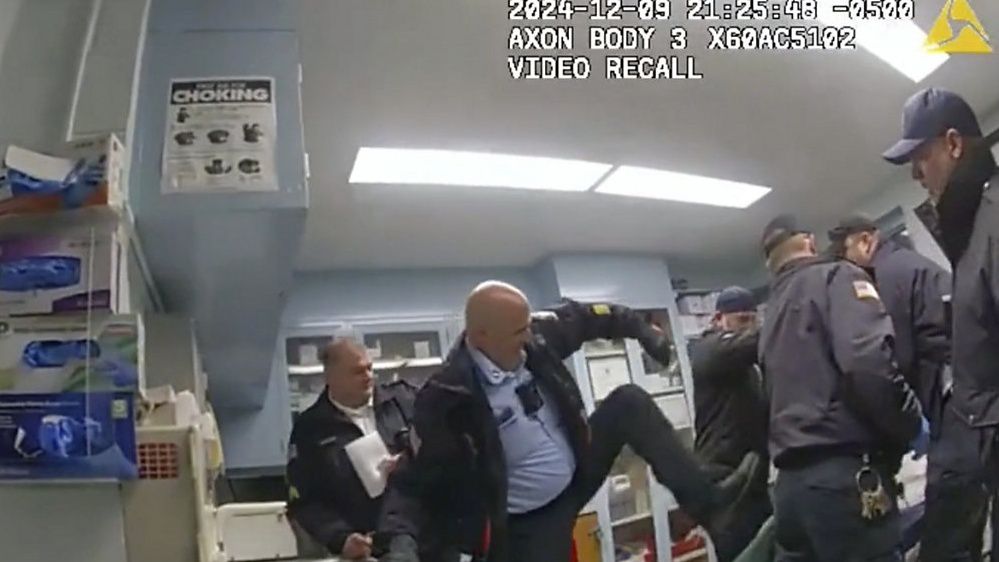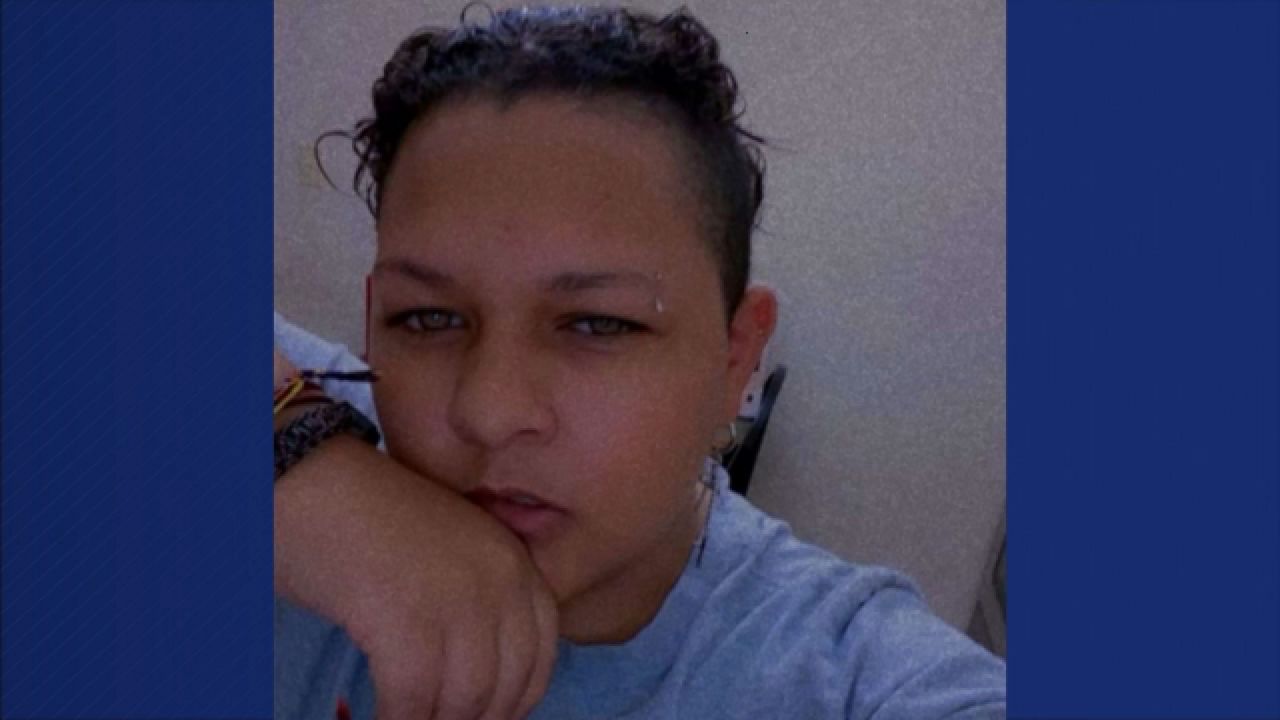ROCHESTER, N.Y. — Members of the U.S. Marshals Fugitive Task Force start every day with a briefing about who they're looking for that day.
The suspects they are looking for are violent offenders who have violated parole or probation and most have since committed new crimes. They don't want to go back to prison.
"It's a Hispanic female wanted for assault second, intent to cause serious physical injury," said a task force member at the briefing who asked us not to use his name.
"She does have a criminal history for assault and domestic violence. We've dealt with her in the past and she has been uncooperative,” he said.
This task force is made up of deputies, officers, troopers and agents from federal, state and local law enforcement agencies. Each member puts in for the job and brings some kind of expertise to the group.
To address the recent uptick in crime in the region, leaders have agreed to add more members from each agency to give the task force even more resources.
"Everybody has their own strengths, everyone has their own databases, everybody has their own contacts," said Monroe County Sheriff Todd Baxter. "For instance jail intel, intelligence from the jail. The troopers have resources across the state and forensics abilities that we might not have. The marshal has jurisdiction across the whole country. It's all about that teamwork."
That teamwork also keeps them safe in the field. They never know what they might encounter each day.
Take what happened at 105 Fairbanks Street in Rochester. The task force was looking for parole absconder Joshua Bennett. When they arrived on the scene, police say Bennett held a butcher knife to a woman's back in the house where he was holed up. He then ran to the basement, allegedly confronted police with that knife and was shot in the upper body. Police say Bennet is now in jail on a parole warrant.
"Serving a warrant on somebody that potentially could go back to prison for a long period of time is probably one of the most dangerous assignments a law enforcement officer can have," said U.S. Marshal Charles Salina. "But we prepare for every scenario and the situation is going to dictate how we handle it. But safety's number one priority."
Since April of last year, the task force has arrested more than 400 fugitives. They were wanted for weapons charges, drugs, burglary and robbery. And so far this year, they've taken 10 homicide suspects into custody.
“The good people in this community recognize what we're doing,” said Salina. “It’s just a small percentage of criminals that are wreaking havoc for those good people."
Sheriff Baxter, Marshal Salina and Maj. Chase have more than 100 years of law enforcement experience combined. All three have risen through the ranks. And all three agree, the last year or so has been among the most challenging of their careers.
And they're leading organizations where that is very much the case for their younger members.
"I am so proud of the men and women of my organization. In the last year, they had to deal with a lot of changes with bail reform and COVID and the riots during last summer," said Maj. Barry Chase of the New York State Police. "I'm just amazed how they, day in and day out, come in, they do their job put their uniform on, they go out there, they serve the public."
The Fugitive Task Force also says it encounters armed suspects now more than ever. The task force has already removed dozens of illegal guns from city streets since the beginning of last year alone.
For part two in this series, click here.









